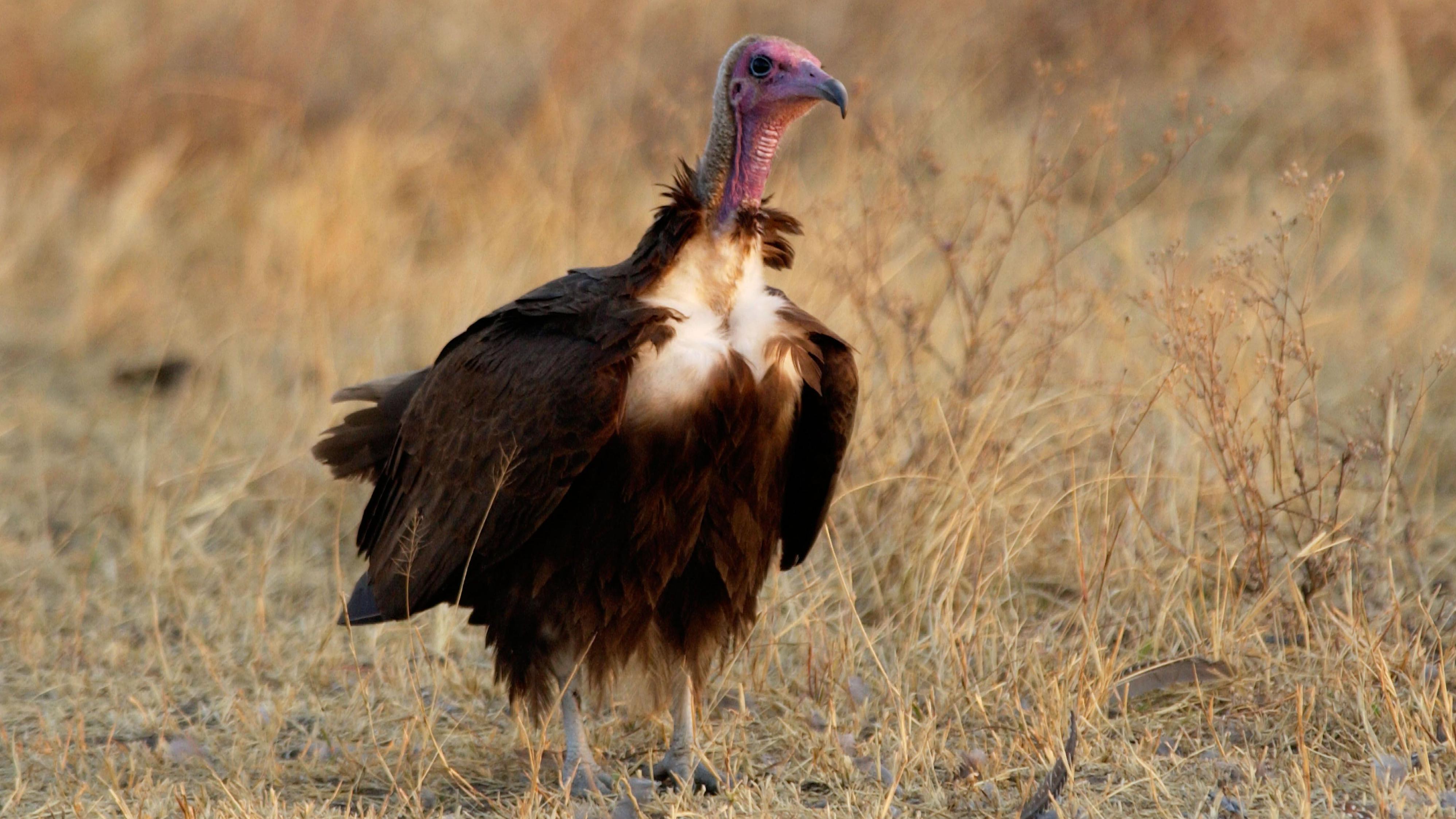Vultures to Be Bred in Wales for Survival

Conservation Efforts for African Hooded Vultures
A falconry center in mid Wales is taking a significant step toward preserving the critically endangered African hooded vulture. The initiative aims to breed these rare birds in captivity, offering them a chance to survive and potentially be reintroduced into the wild. This effort is crucial as the species faces an alarming decline, with fewer than 150,000 individuals left in the wild.
The African hooded vulture has seen its population drop dramatically over the years. A 2021 assessment revealed that mature adults numbered only 131,000, and the trend continues to worsen. According to the International Union for Conservation of Nature and Natural Resources, they are classified as critically endangered. Several factors contribute to this decline, including poisoning by poachers who fear that circling vultures will expose their activities, and the use of vulture parts in traditional medicine.
Luce Green, from Falconry Experience Wales, has dedicated her life to the conservation of these birds. "It's my life's work," she says. "I like to think of it as love into action." Her efforts, along with those of her partner Barry MacDonald, have been instrumental in studying and caring for these vultures. Their work highlights the urgency of the situation, as the species is disappearing at an alarming rate.
The center has introduced a hand-reared male named Togo to a female called Hope, hoping to produce offspring. If successful, the pair may produce just one chick at a time. Currently, there are only about 200 hooded vultures in human-based environments, making the race to save them even more critical.
While the ultimate goal is to release any chicks into the wild, the current focus is on increasing the population in captivity. "We can't get into that environment to put birds back because it's not safe for them," Ms. Green explains. "So we have to manage the populations of the hooded vultures."
Breeding vultures is essential, according to Campbell Murn, head of conservation research and education at the Hawk Conservancy Trust. "It's super important to breed from these birds and maintain what we call a safety net population," he says. He emphasizes the vital role vultures play in ecosystems, comparing them to the "canary in the coal mine." If vultures are dying, it signals serious problems in the environment.
Vultures are often overlooked but play a crucial role in maintaining ecological balance. They act as nature's cleanup crew, removing carcasses and preventing the spread of disease. "They're not going to win a beauty contest, that's for sure, but we should care for vultures because they're amazing," Mr. Murn adds. They form strong pair bonds, are dedicated parents, and are fastidiously clean.
In the 1990s, the decline of vulture populations in India led to a surge in human deaths due to the spread of disease. It was estimated that the loss of vultures resulted in half a million deaths over five years. This tragedy highlighted the importance of these birds in both ecological and human health contexts.
Adam Bloch and Holly Cale, who run the Horstmann Trust vulture conservation charity, have been involved in efforts to halt the decline of vultures in Asia. "They are doing better in some regions," said Ms. Cale, "but there's a long way to go." Their organization supports breeding programs like the one in Newtown, acting as a fall-back for conservation efforts.
At Falconry Experience Wales, there is also hope that captive birds like Vinnie could help another species—the white-backed vulture. However, Vinnie currently has no mate. "With the white-back vultures, globally there are only 270,000 of those left," Ms. Green explains. "In South Africa there's only just over 7,000. They are declining at an alarming rate."
According to Mr. Bloch, hooded vultures and white-backed vultures are the most at risk. "They are like the Ford Escort of the vulture world in the sense that everybody just took them for granted, they were so common nobody really worried about them," he says.
Falconry Experience Wales recently acquired GPS trackers to monitor four hooded vultures in West Africa, providing valuable data on their movements for up to five years. The center is also raising funds for poison response action kits to aid affected birds.
Despite the challenges, the hope remains that rearing even a small number of chicks in Wales could make a significant difference in saving these species from extinction. The efforts of individuals like Luce Green and her team underscore the importance of continued conservation work and the need for global collaboration to protect these vital birds.

Comments
Post a Comment